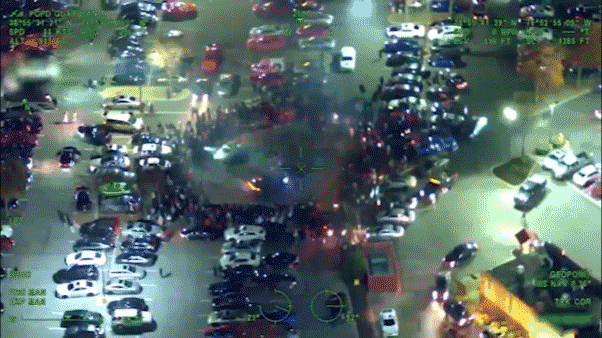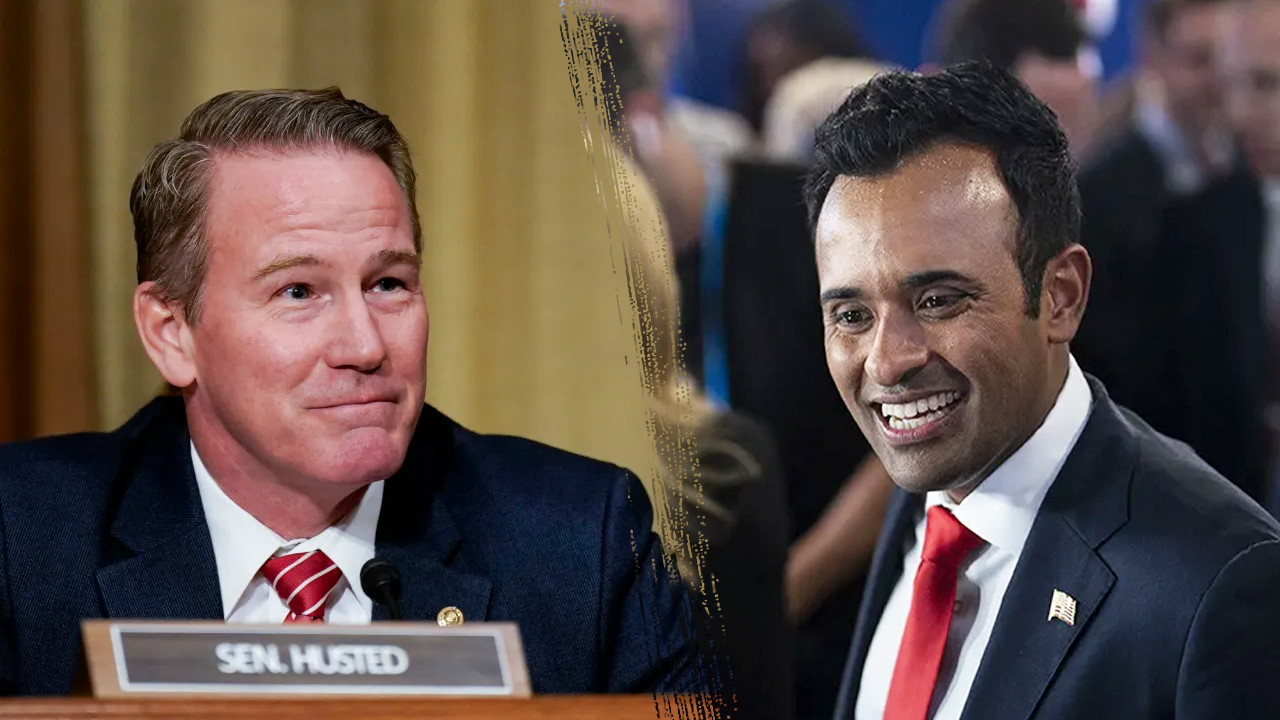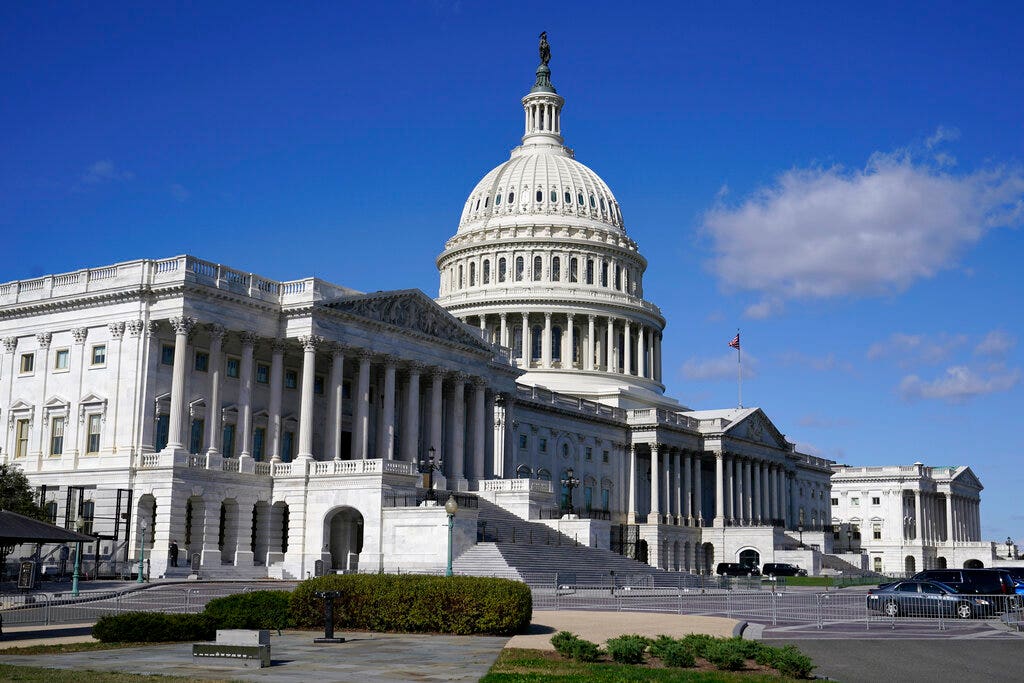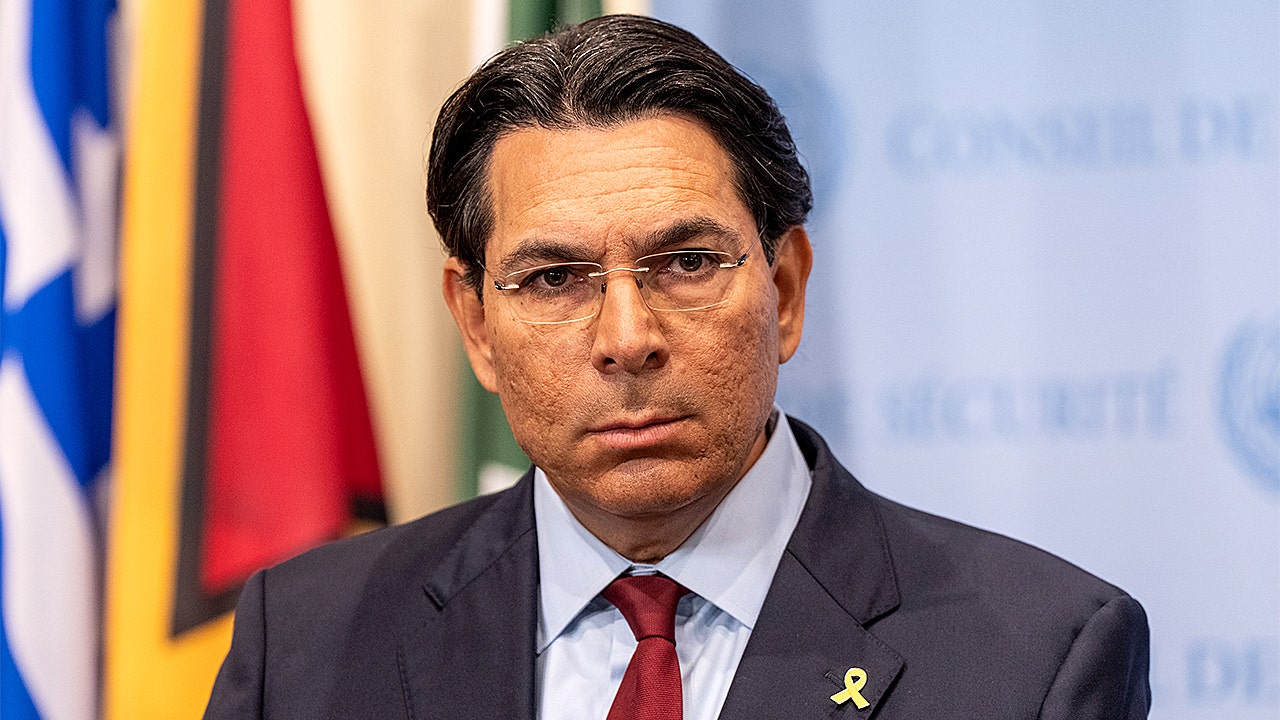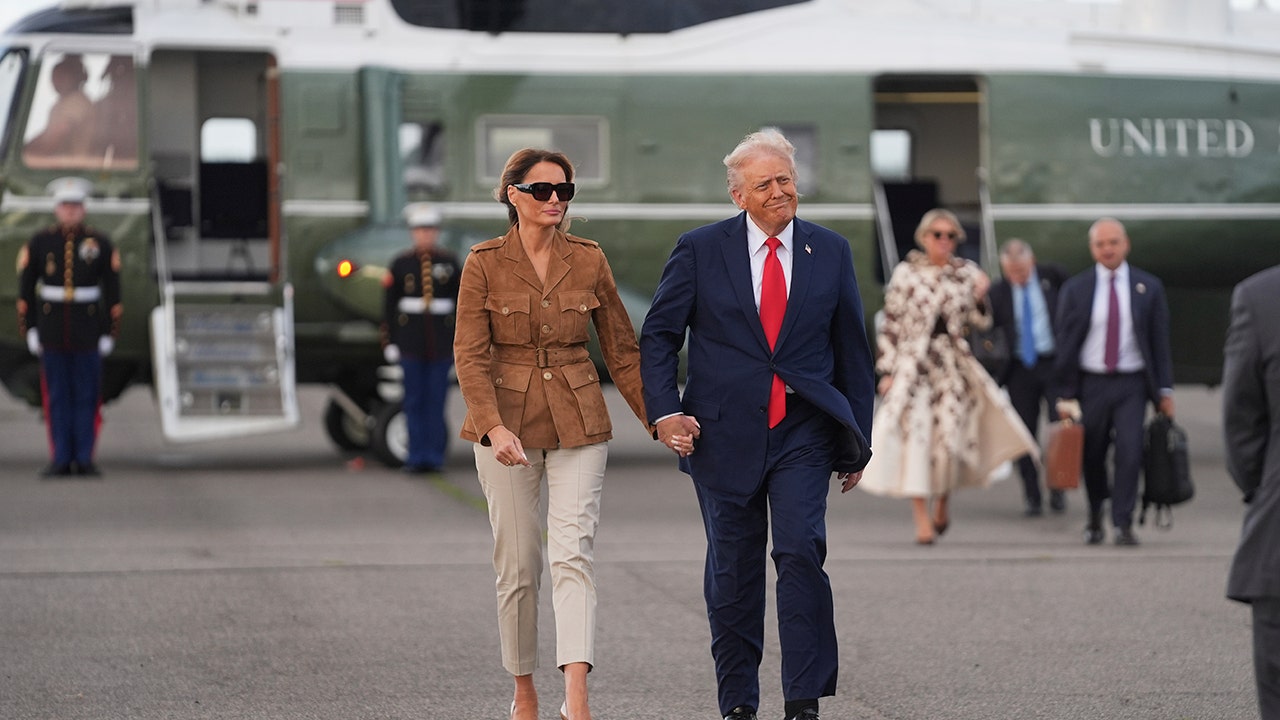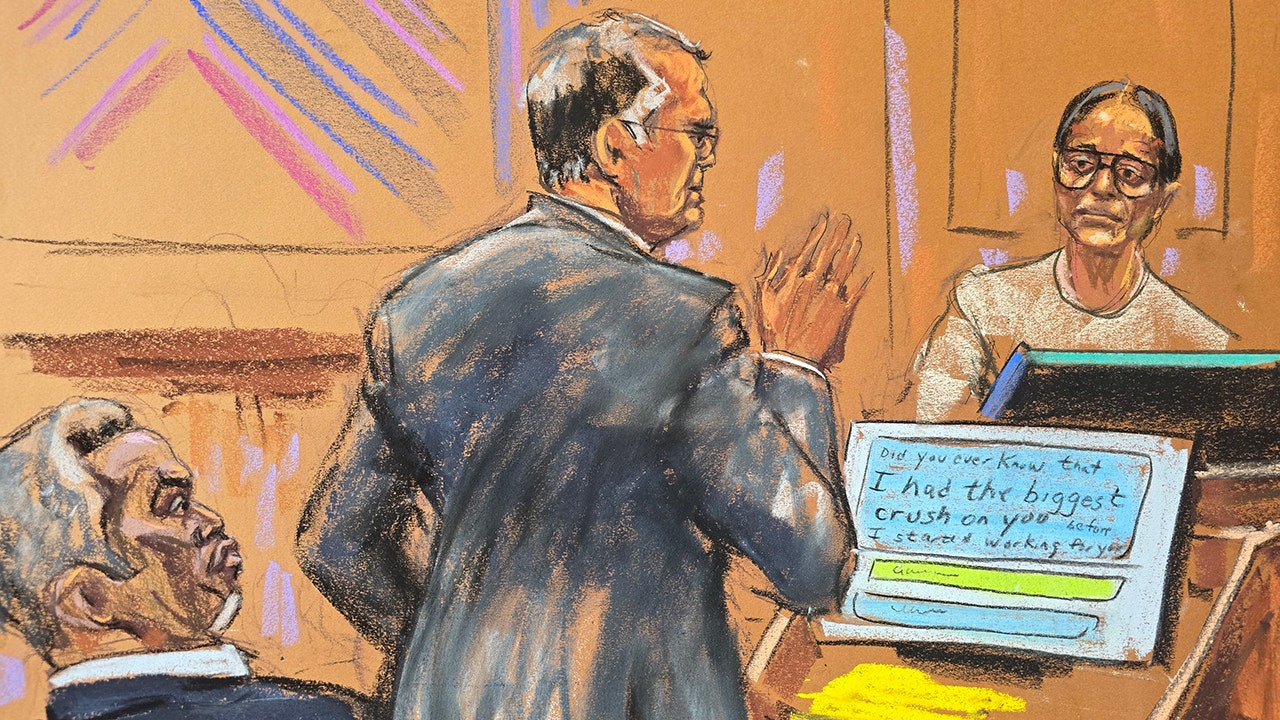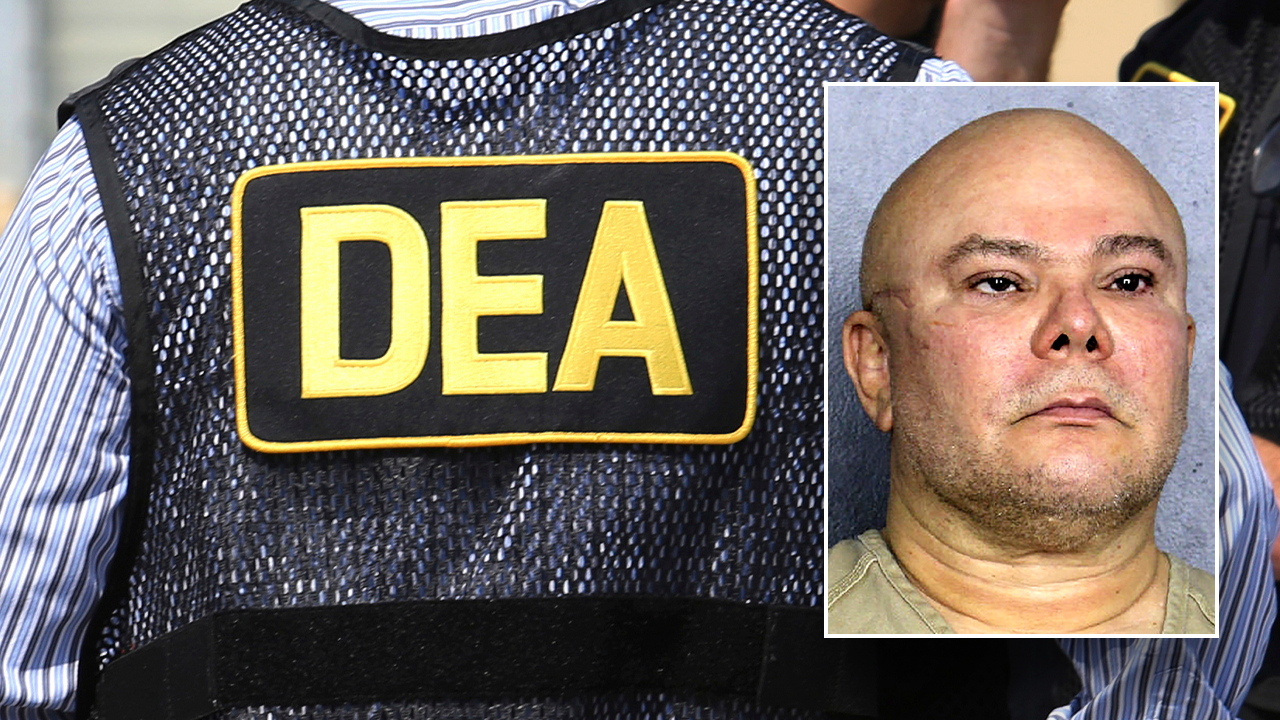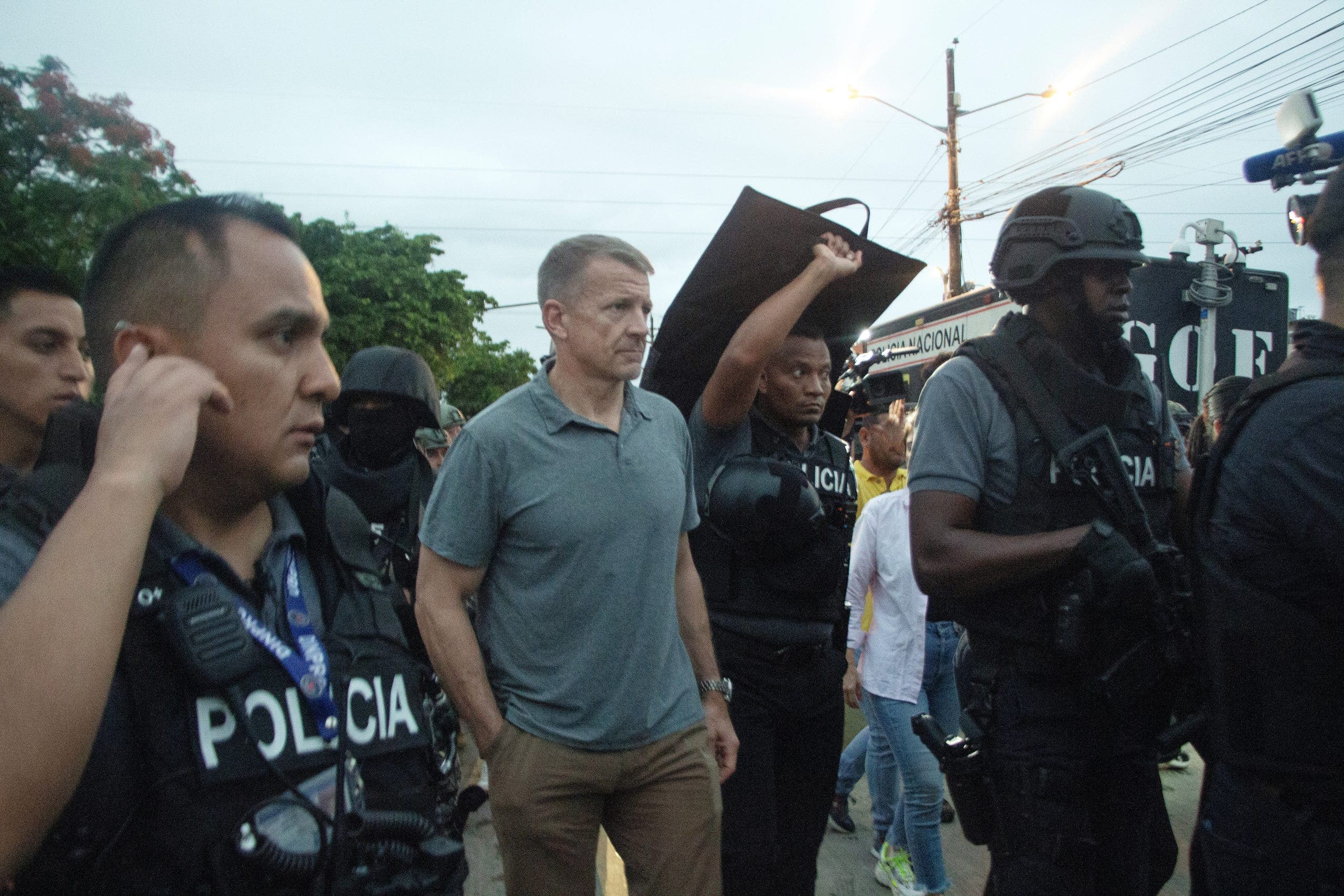NEWYou can now listen to Fox News articles!
In a dramatic escalation of Middle East tensions, Israel launched a wide-scale preemptive strike against Iran on June 13, 2025, targeting critical components of Tehran’s nuclear and military infrastructure. Israeli officials reportedly acted on intelligence suggesting Iran was within reach of developing a nuclear bomb - a weapon Tehran has threatened to use against Israel. The operation, conducted under high secrecy, marks the most direct confrontation between the two regional rivals in recent history.
While the full scope of the operation -- reportedly codenamed Operation Rising Lion -- remains classified, sources confirm that multiple waves of Israeli aircraft and missiles struck nuclear facilities in Natanz, missile assembly centers near Tabriz, and command centers of the Islamic Revolutionary Guard Corps (IRGC). The International Atomic Energy Agency (IAEA) has confirmed no radiation leaks, suggesting the attacks damaged infrastructure without breaching core reactors or nuclear material storage.
Tehran responded with fury, launching approximately 100 drones toward Israel. Most were intercepted by Israeli air defenses, assisted by regional partners including Jordan and Saudi Arabia.
ISRAEL LAUNCHES SWEEPING STRIKE ON IRAN WHILE TRUMP ADMINISTRATION SEEKS DIPLOMATIC SOLUTION
Nevertheless, the attack has triggered immediate concerns over a potential multi-front conflict, drawing in Iran’s network of proxy forces and potentially endangering U.S. assets across the Gulf.
Israel’s strike on Iran marks a new phase in the long-running shadow war over Tehran’s nuclear ambitions. It reflects a grim calculation: diplomacy has failed, time is short, and the consequences of inaction could be catastrophic.
Why Israel Struck and What Comes Next?
Israel’s leadership framed the June 13 strike on Iran’s nuclear facilities as a necessary preemptive measure driven by the immediacy of the threat. The Israel Defense Forces (IDF) officially described the action as a "preemptive strike," taken to avert what it deemed an existential danger from a regime committed to Israel’s destruction. IDF Chief of Staff Lt. Gen. Herzi Halevi declared the situation had "reached the point of no return," while Prime Minister Benjamin Netanyahu emphasized that Iran had amassed enough enriched uranium for "nine nuclear bombs" and had begun unprecedented steps toward weaponization.
5 TERRIFYING FLASHPOINTS THAT COULD IGNITE GLOBAL WAR
Iran, for its part, has accused Israel of violating international law and acting with tacit U.S. approval. Iranian President Masoud Pezeshkian vowed a "calibrated response," while Defense Minister Aziz Nasirzadeh warned that any further escalation would be met with attacks on U.S. and allied military installations throughout the region.
Despite the military confrontation, Iran is still expected to deliver a long-promised nuclear counterproposal to the United States during indirect talks set to resume in Muscat, Oman, on Sunday. Iranian Foreign Minister Abbas Araghchi said the offer would demand recognition of Iran’s right to enrich uranium under IAEA oversight and require the full lifting of US sanctions -- conditions the White House has already indicated it is unwilling to accept.
The Role of the United States: Stabilizer or Spectator?
Though the U.S. was reportedly informed of Israel’s intentions in advance, American forces did not directly participate in the strike. Still, Washington has begun taking precautionary steps. The State Department has ordered the evacuation of non-essential diplomatic personnel from its embassy in Baghdad, while the Pentagon has authorized the voluntary departure of military families from Gulf bases in Bahrain and Kuwait.
IRAN CALLS ISRAELI STRIKES A 'DECLARATION OF WAR,' SWIFTLY REPLACES KILLED MILITARY LEADERS
Now, the Trump administration -- and, by extension, the broader U.S. national security establishment -- faces a pivotal decision: how to prevent this targeted operation from spiraling into a region-wide war.
To that end, the United States should immediately pursue the following measures:
- Enhance Regional DeterrenceDeploy additional air defense assets to key bases, including Patriot and THAAD systems, and position carrier strike groups to ensure freedom of navigation through the Strait of Hormuz.
- Counter Iranian Proxy ActivityPreempt potential strikes by Iran-backed militias in Iraq, Syria, Lebanon, and Yemen by increasing surveillance, sharing intelligence with allies, and reinforcing redlines.
- Lead Diplomatic De-escalationUse back channels and formal mechanisms, such as the UN Security Council and the IAEA Board of Governors, to press for calm while preserving the credibility of the non-proliferation regime.
- Support Allies Without Enabling EscalationReassure Israel of U.S. support for its right to self-defense, while privately urging restraint and discouraging additional unilateral military action unless faced with existential threat.
- Offer a Regional Security FrameworkConvene a regional dialogue—perhaps under the auspices of the Gulf Cooperation Council and involving the EU or India—to lay the groundwork for longer-term arms control and stability agreements.
Geopolitical Reverberations: Russia and China React
Russia swiftly condemned the Israeli strike, with Deputy Foreign Minister Sergei Ryabkov offering to help defuse tensions by removing Iran’s enriched uranium stockpile and converting it for civilian reactor use. China, while calling for "maximum restraint," is reportedly exploring expanded energy deals with Iran and will likely use the moment to argue against continued U.S. military dominance in the Gulf.
CLICK HERE FOR MORE FOX NEWS OPINION
These reactions signal a broader geopolitical shift. In the vacuum of American hesitation, Moscow and Beijing see opportunity -- whether to play mediator, undercut U.S. sanctions regimes, or reframe global perceptions of Western hypocrisy.
A Perilous Crossroads
Israel’s strike on Iran marks a new phase in the long-running shadow war over Tehran’s nuclear ambitions. It reflects a grim calculation: diplomacy has failed, time is short, and the consequences of inaction could be catastrophic. But the consequences of action are no less serious.
CLICK HERE TO GET THE FOX NEWS APP
The United States now faces a defining test. It must safeguard its forces and allies, prevent a regional war, and restore a measure of international order. That will require military readiness, diplomatic clarity, and the political will to lead.
Whether this is the beginning of a wider war -- or a new path to containment -- will depend largely on what Washington does next.
CLICK HERE TO READ MORE FROM ROBERT MAGINNIS
Robert Maginnis is a retired US Army officer and the author of 12 books, including his most recent, "Preparing for World War III" (2024).

 3 months ago
115
3 months ago
115
